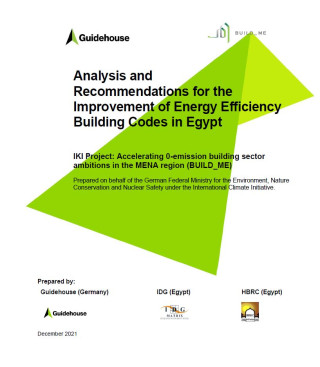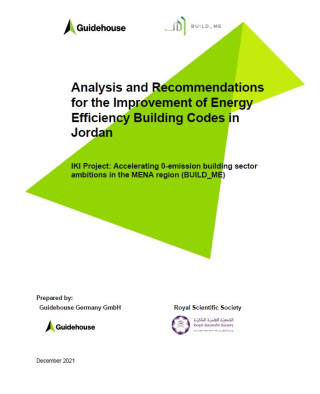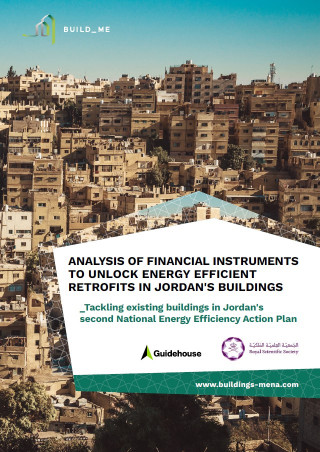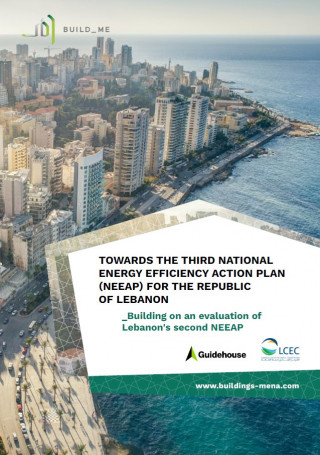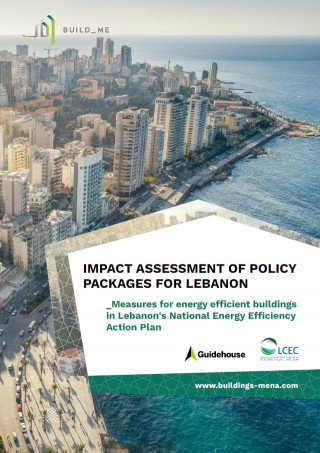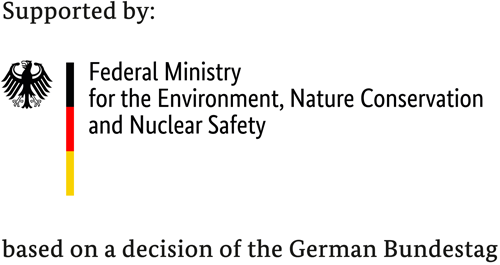Strategy and regulation
Building code reports
Energy efficiency building codes EEBCs constitute the basis for buildings construction. Through their national application, they establish an important lever for increasing energy efficiency in buildings. Effective policy to implement and enforce the EEBCs can serve as a tool to eliminate several challenges, reducing energy consumption and GHG emissions in general. While ineffective policy can undermine a conducive environment for investment in energy efficiency by creating reverse incentives, EEBCs are necessary governmental instruments to overcome the market barriers towards energy efficiency gains in the residential, commercial, and public buildings. To increase the buildings energy efficiency, EEBCs need to be tailored to the market and the local situations they are intended to affect and change; different mixes of policies are needed depending on whether the focus is on new buildings or retrofitting existing construction. This is particularly important in developing countries where rapid population growth and urbanization demand generating millions of buildings and have significant effects on energy demands.
The findings from BUILD_ME first phase show that there are several challenges linked to enforcement and implementation of EEBCs and their success to promote efficiency in the building sector in Egypt, Jordan and Lebanon.
These studies aim to define the regulatory and implementation gaps regarding EEBCs, provide concrete recommendations on how these gaps can be filled, and pave the way for effective implementation of the EEBCs.
Assessments of National Energy Efficiency Action Plans (NEEAPs)
National Energy Efficiency Action Plans (NEEAP) create sustainable long-term market transformation towards energy efficiency through energy savings and several Arab countries have formulated country specific NEEAPs as strategical instrument. The BUILD_ME team looked into the ones of Lebanon and Jordan.
In Lebanon an intensive analysis has been performed on the building relevant measures of the existing Lebanese NEEAP II (2016-2020) and recommendations have been concluded for the upcoming version (NEEAP III). This has been supplemented with an Impact assessment study, this study has the aim to estimate the energy and emission savings of policy bundles affecting the new construction sector. In Jordan, the elaborated study focuses on an analysis of available financial instruments in the country and the Arab region to unlock the potential of energy-efficiency in building projects. Furthermore, it illustrates the saving potential based on a case study and concludes with process-related and technical recommendations.

